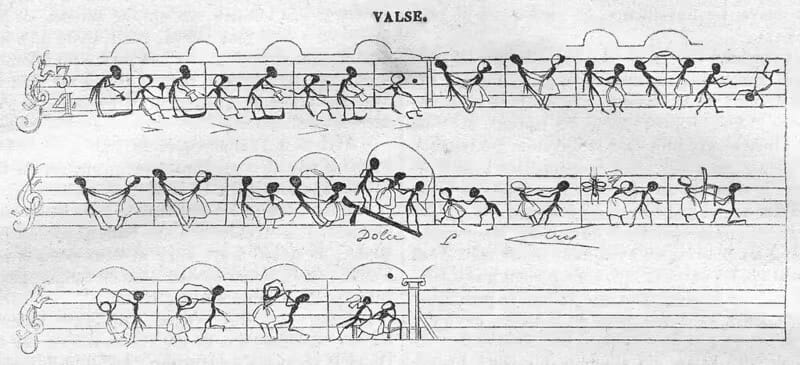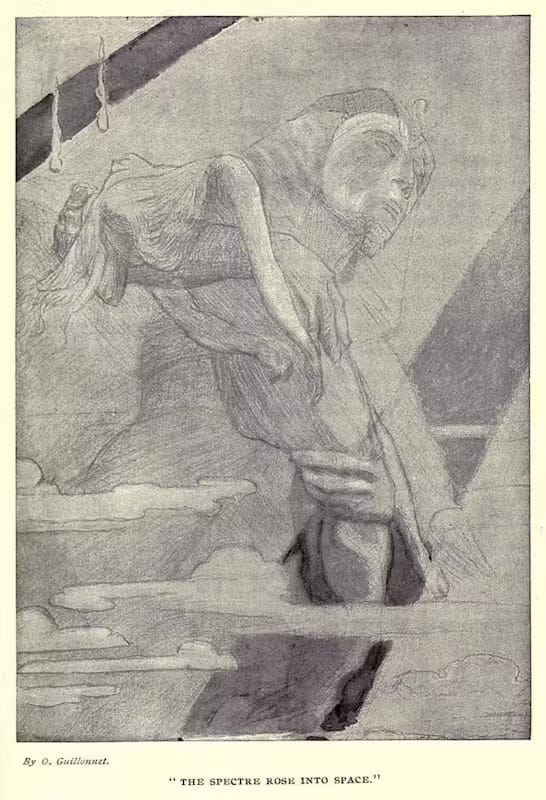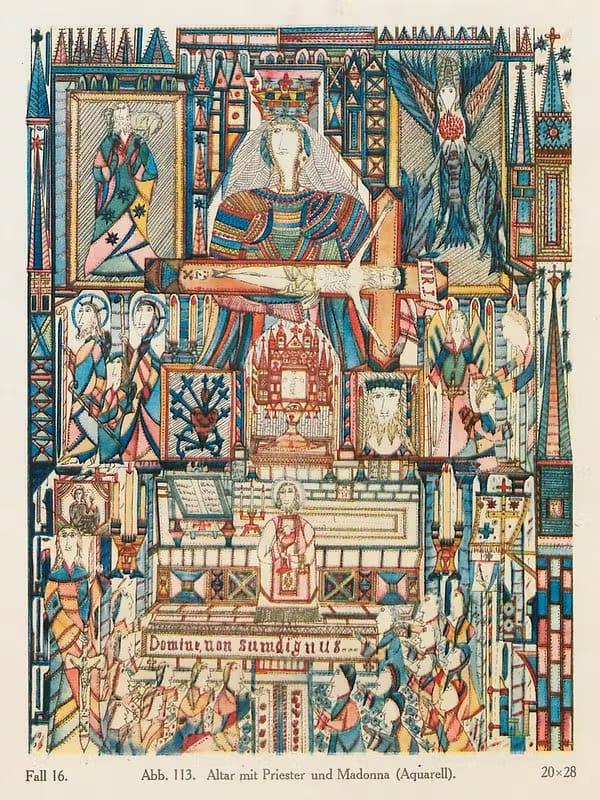Why Can't Coding Be Celebrated Like Art or Sports?
Art history runs parallel to history because you can view history through the eyes of the artists that were alive at the time.

For a while now, I've been harboring this envy of sorts.
An envy towards mediums that aren't mine, but more so how an envy of how other people look at them. I see these giant obtusely shaped buildings filled with people walking around, admiring beautiful colors put onto canvas and stretched out and put in a gold leaf frame, and I can't help but feel jealous that people don't see a similar beauty in programming.
Or, I'll watch people go to sports games and line the stadium with hundreds of cheering fans watching (awesome) feats of athleticism happen before them, and I can't help but feel jealous that there's no equivalent of that competitive spirit pushing the field forward in software.
This envy isn't completely fair to software because software is a relatively new field - even as of this post, software is only really 80 years old. And depending on when you start counting, the form of software that I do from a day-to-day basis is less than 30 or 40 years old. (Javascript is younger than me!)
But even so, I find myself often trying and failing to recreate the beauty and esthetics that I see in other fields: the awards ceremonies, the competition, the publishing houses, the other meta-things that are built around the things that make external people want to chase after that thing (you can watch a concert without being a singer, because of the existence of music schools, set design, record labels,...).
That's not to say that people don't have a high status in mind for programmers or coders, because they obviously do, and they obviously understand the intensity that might be required to create something as abstract as the internet or an operating system or a physics library that makes the video games that they play possible.
But I just can't help but think how there's all of this attention on award ceremonies, the public fascination and celebrity status that's attached to people like Ariana Grande or Kendrick Lamar, and at the same time, in the same world, there are programs that affect billions of people every single day and are created by people who go through life relatively nameless sometimes by choice, but usually/often by virtue of the field that they chose to do their work in when they were young.
Art history runs parallel to history because you can view history through the eyes of the artists that were alive at the time. I'm reading a biography of Van Gogh, and the author (Steven Nafieh and Gregory White Smith) talks about the other artists that Van Gogh met in the course of his relatively short life. I can't help but think that all of these people who created all this art were discrete moments in spacetime that also represent the historical context that they were in. Their unique presence is the history.
I mean sure we have Claude Shannon. We have Richard Stallman. We have Grace Hopper. We have Ryan Dahl. We have Linus Torvalds. But programmers really only stay known to other programmers. We never really break out of the intrinsic hacker loop of convening with ourselves.
I would love for a world where programmers could have a publishing house of sorts – where they could put their name proudly on their code and not feel guilty if they're not doing a super copyleft MIT license where their name is buried at the bottom of a 30 page README or getting paid $250,000 per year to write IP-specific code for an IP-specific company where they fetter away in some back hall somewhere while the CEO takes all the credit. I think that there should be a middle ground.
I hope that in the future, programmers can team up in small teams (like the size of a band that goes on tour) or go solo with a small support team like an author like Stephen King or Brandon Sanderson that help them publish their core value - the work that they create.
I do think programmers are worth it. I've been on both sides of the table, having paid programmers and being paid as a programmer, and it's really hard to value the dollar amount that goes into a line of code or the mental effort that goes into a feature or fixing a pernicious bug. But I don't really think that gives us permission not to try.
Just because a program can't be neatly encapsulated in a tome of 300+ pages (where you can put it in a nice little cover on it – or how a painting has a gold leaf frame at the Metropolitan Museum of Art) doesn't mean that what me and my fellow programmers do isn't worth notating.
Let's create Coding History. Let's study the styles of programmers and watch the field evolve over time. Let's let programmers take (the right amount) of credit. And most importantly, let's share our work with the world so they can appreciate it too, and not just the final product delivered in a CD or at some URL.




